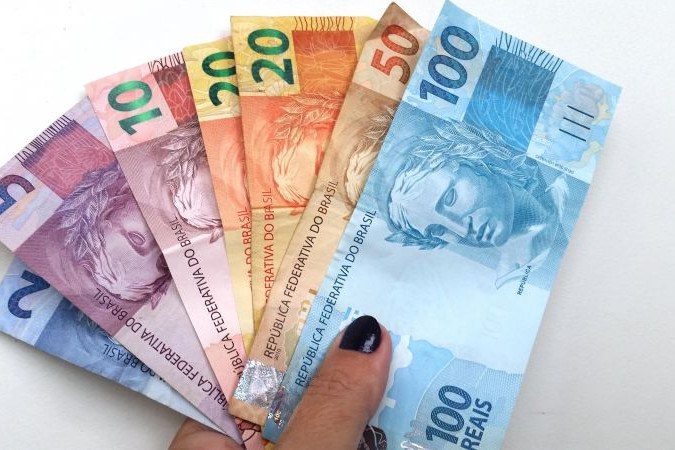Posted on 09/14/2022 22:43

The high “Brazilian cost” translates into many negative repercussions, both internally and externally. In a recent study conducted by the Confederation of Industries of the State of São Paulo (Fiesp) and the Center of Industries of the State of São Paulo (Ciesp), on the eighth, it was indicated that the so-called Custo Brasil makes national industrial products more expensive on average by 25.4%.
Among the possible solutions that specialists have envisioned is reducing bureaucracy through structural reforms, such as tax and administrative reforms. We need comprehensive tax reform that includes the participation of civil society and government. Much is said about tax reform that eases the tax burden. This is undoubtedly an important aspect, but it should also aim at other goals. The first is the rationalization of the tax system, for example, the termination of “cascade” collection. Fernando Mora, partner at Quality Tax, a tax and accounting consulting firm that is part of CorpServices Group, explains that the creation of a value-added tax (VAT) would be an important step in that direction.
For Luís Falleiros, partner at ASAP Documents, Brazil is a safer country for foreign investors to do business compared to its Latin American neighbors, but bureaucracy ends up being an obstacle. “Because of this, companies that specialize in reducing bureaucracy in a more technical, faster and more assertive way, the bureaucracy that all foreign investors or even future Brazilian entrepreneurs find in Brazil,” he asserts. In addition, the difficulty of understanding bureaucratic rules becomes one of the obstacles to accepting investments.
However, Falleiros highlights that he is not the only one: “The political and economic insecurity that exists in our current context also contribute. These fluctuations, the polarization. And he stresses that all this will certainly contribute to an increase in fear in Brazil.” “It is the sum of the time taken to understand the Brazilian scenario and the amount that is actually spent for the company to abide by all the rules,” he explains. As a one-stop solution for businesses, Falleiros argues that the best way to reduce bureaucratic costs is to outsource. “You will have people who are dedicated, with the experience to get the job done right, of the highest quality possible, and maybe even in the shortest time.”
According to the study by Fiesp and Ciesp, taxes are the component that, in isolation, has had the greatest impact in raising the prices of Brazilian industrial goods – about 13%. The country’s tax burden was, on average, 33.4% of GDP, while in the other countries analyzed, this figure was 26.4%. The study compares the difference in production costs between a company in Brazil and a similar company operating abroad. The 15 main Brazilian trading partners were considered: China, the United States, Germany, Argentina, South Korea, Japan, Italy, France, Mexico, India, Spain, the United Kingdom, Switzerland, Chile and Canada.
Next, the factor that appears to have had the greatest impact on the rise in industrial goods prices was interest, at 6.1%. From 2008 to 2019, the average real interest rate was 4.2%, up from 0.2% in the 15 countries in the sample. Entities argue that only with the adoption of a single tax (VAT), while reducing expenditures with bureaucracy, will they have the ability to reduce the cost of Brazil with taxes from 13% to 4.9%.

“Writer. Analyst. Avid travel maven. Devoted twitter guru. Unapologetic pop culture expert. General zombie enthusiast.”
